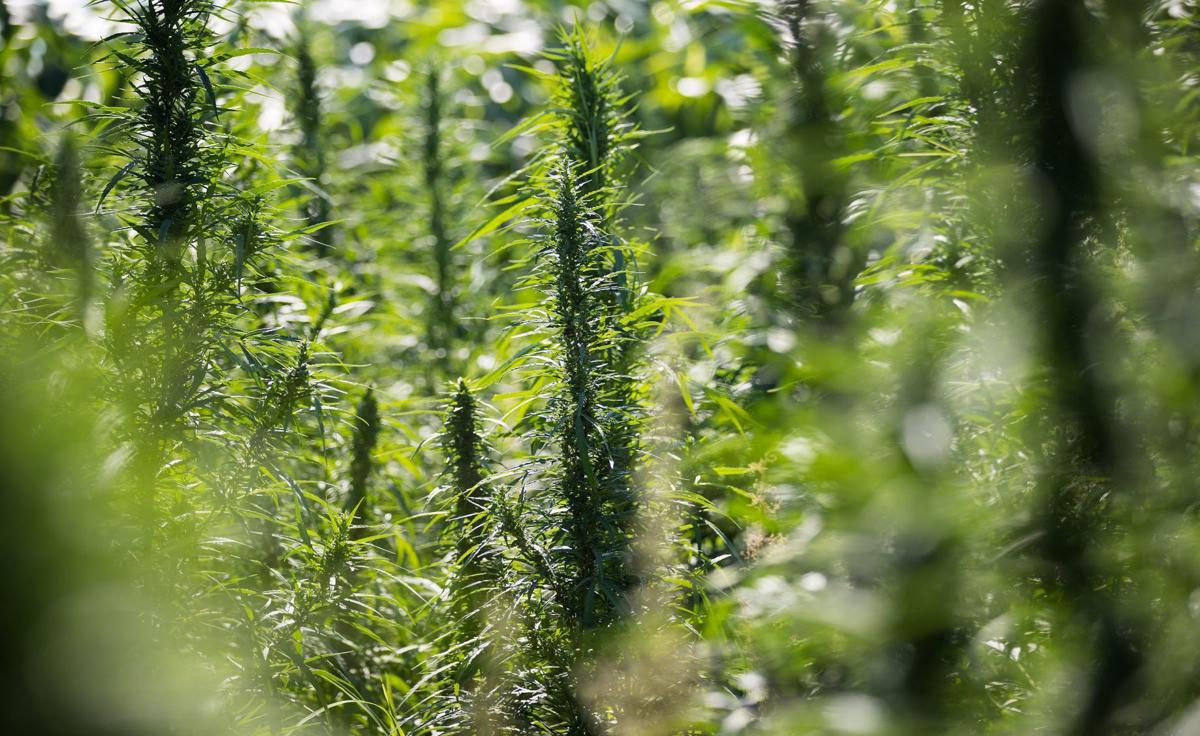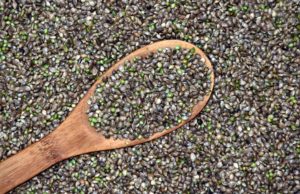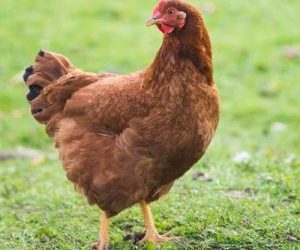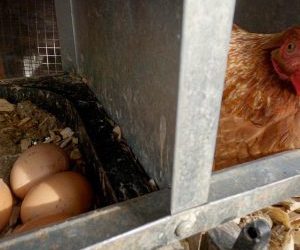
LINCOLN — Years of disappointment and perceived foot dragging by state bureaucrats are inspiring worries among those seeking to plant and profit from soon-to-be legalized industrial hemp in Nebraska.
Hemp backers, in interviews, pointed to the state’s less-than-aggressive efforts from 2014 to 2017 to allow even hemp research. Meanwhile, states like Colorado and Kentucky have been expanding their acres of hemp, and 20 states have adopted pilot projects or research programs in the past two years.
Those seeking to plant hemp in Nebraska fret that the state, once a leading producer of hemp in the U.S., could be left in the dust in what is predicted to be a profitable new crop.
“I want to think positive — I don’t want to prophesy doom, but it’s not very encouraging,” said Bill Achord, president of the Nebraska Hemp Association.
“Even it it’s opened up nationally, it doesn’t necessarily mean we’re going to have ease of access in our state,” said Jason Feldman of the Nebraska Hemp Industries Association. “Start making phone calls — that’s the only way things are going to change.”
President Donald Trump is expected to sign the new federal farm bill into law this week.
The bill removes industrial hemp from the controlled substance list; hemp’s much more potent cousin, marijuana, remains a controlled substance.
States will now be able to permit farmers to plant a multipurpose, easy-growing crop that some think will revive rural Nebraska.
A leading advocate in the Nebraska Legislature joined hemp advocates across the country in hailing the declaration that “hemp is not marijuana.”
“With the trade war going on and the crisis of (an overabundance of) soybeans, farmers are looking for an alternative,” said State Sen. Justin Wayne of Omaha. “We have to make sure they aren’t left behind.”
Wayne hopes that farmers will be able to plant hemp this year.
But others think that’s a long shot. It would take some swift action by the state — passage of a law that was effective immediately and quick approval of state regulations — to make that happen.
That didn’t happen after a Nebraska law was passed in 2014 to allow hemp research. It took three years before a single test plot was finally planted because of the need to draft and approve State Department of Agriculture regulations, and to get state and federal approval to import seed from Canada.
Much of the delays, hemp advocates have said, were because of misunderstandings about hemp. It is not pot and does not produce a high like recreational marijuana. Under federal law, industrial hemp must be less than 0.3 percent THC, the chemical that produces the high in recreational marijuana. THC levels in some high-potency recreational marijuana today can be 10 to almost 100 times that.
Will state officials move more quickly this time?
Spokespeople for both Gov. Pete Ricketts and the State Agriculture Department said they are waiting for the president to sign the farm bill.
“Then the Governor’s Office and our office will review the provisions and see where we go from there,” said Christin Kamm of the Agriculture Department.
Not just farmers, but also the Omaha and Winnebago Indian Tribes, as well as producers of harvesting equipment, have testified in recent years for allowing hemp farming in Nebraska. It could generate profits, as well as jobs, they say, and could help diversify farms.
Andrew Bish of Hemp Harvest Works in Giltner, Nebraska, said the hemp harvesting equipment he produces already amounts to 20 percent of his total business, and he expects sales to double next year.
“It’s definitely exciting,” Bish said of the opportunities opened up by the new farm bill.
Hemp has helped revitalize small farms in Kentucky that used to grow tobacco, and it could put more money into rural areas of Nebraska, advocates say.
In Kentucky, some farmers made a profit of $2,000 an acre from hemp used for cannabidiol, or CBD oil, which is used as a pain reliever, nausea preventer and seizure medication, according to Ismail Dweikat, a University of Nebraska-Lincoln professor who has planted research plots of hemp.
Nebraska has abundant wild hemp that could produce seed for planting and for human food, and fibers for clothing and other products, Dweikat said.
“We have the ideal conditions to grow it: the soil and the moisture,” he said. “And the wild hemp is already adapted to our climate. My goal is to take advantage of that.”
But many states have jumped ahead of Nebraska in recent years, Dweikat said.
“I hope farmers will convince the Legislature and the governor that they have to give us the green light to grow it,” he said.
Wayne, whose grandparents farmed in Iowa, said he plans to push for quick passage of a hemp farming bill he is drafting, then swift approval of regulations by the Agriculture Department and others.
Whether the governor would sign such a bill was unclear last week. As recently as a week ago, Ricketts told a caller to his monthly radio call-in show that his hands were tied because hemp was still classified federally as an illegal and dangerous drug.
That changes with the signing of the farm bill, and Wayne said he hopes that the governor jumps on board the hemp bandwagon.
“You would think he would want to uphold federal law,” the senator said.



